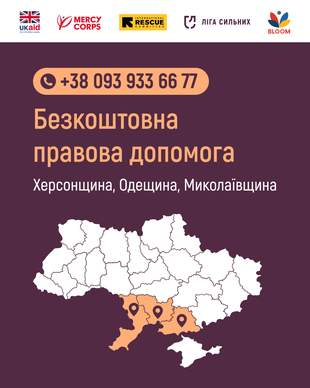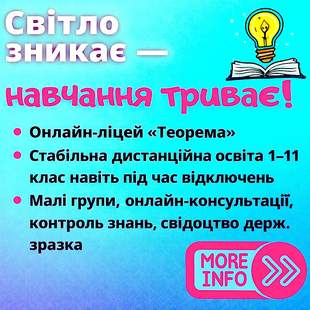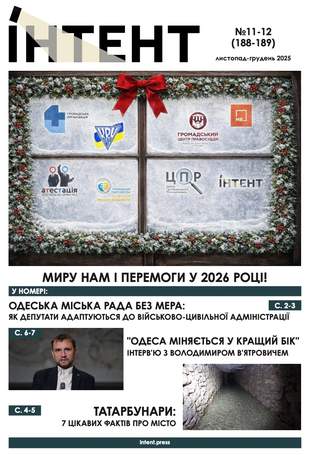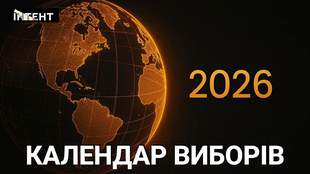Меню
Соціальні мережі
Розділи
Feb. 26, 2025, 12:33 p.m.
Kherson's Poet Natalia Shushlyannikova: Art, Resilience, and Community Strength During Occupation
This article also available in English133
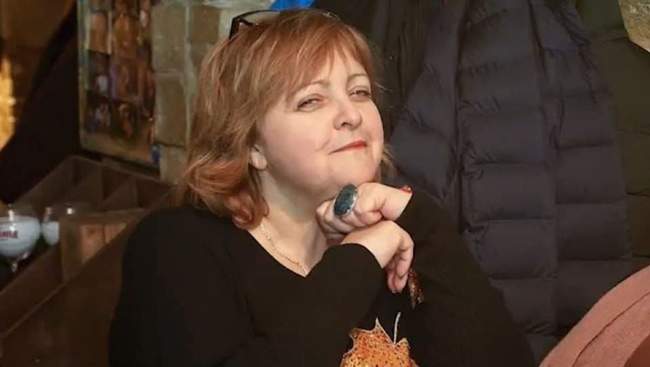
Photo: Vadym Hnidash
Art in an occupied city, war diaries, volunteering that makes Kherson residents stronger, and the secret of Ukrainian resilience. Natalia Shushlyannikova, a poet, candidate of historical sciences, and volunteer, shared her own story of artistic resistance with the Intent.
My home is my fortress
The full-scale invasion caught the poet in her native Kherson. Last night, in a friendly circle of fans of her work, she presented stories for her new collection "Illusions of Love" in an art space, and the next morning, to the sound of sirens, she answered worried calls from relatives, students, and friends. She says she did not believe in the possibility of an invasion until the last moment.
"It was a surprise. There is no other way to describe it. But I was saved by the state of my creative flight and the overwhelming support. From the very first hours, my relatives, friends, acquaintances, and students from different parts of the country and the world called me and offered to help. And it was these hours that determined everything for me," Natalia notes.
In a few days, Kherson was covered with silence. The enemy was entering the city. The poet felt the whole atmosphere of the beginning of a gray and painful page in its history. At about 11 p.m., an enemy column was moving past the windows of her house, a meter away.
"There was an oppressive silence, only occasionally we could hear the occupiers' sporadic commands. It felt like the tanks were tiptoeing," says the Kherson woman.
Despite the danger and risks, the woman and her husband stayed in Kherson, which became her fortress. She knew she would not leave it, no matter what.
"I was not afraid. I had a clear understanding: my home is my fortress! This is our city, and it protected us. That's why I couldn't leave. Besides, I have always been a popularizer of the Ukrainian South. If I had left, my love and everything I had said and written before would have been worthless," the poet says.
United as never before
After the complete occupation of the city, Kherson residents have united as never before. It was this unity, combined with a thirst for freedom, that helped them to withstand everything that awaited Kherson in the future, says Natalia Shushliannikova. This is the secret of Ukrainian resilience. Those who were close to us became one of the optimistic resources that motivated us to live and fight.
"During the occupation, I realized that I have never loved people so much. It was so sincere. It turned out that having a circle of people who are important to each other is extremely important. I felt the presence of even those who were not there. I knew that if I stretched out my hand, someone would definitely give me a glass of water. We were all afraid, but desperately so, and most importantly, we did our best together," the poetess shares.
This incredible unity, mutual assistance and support was felt almost everywhere. The situation that sticks in Natalia's mind the most since the occupation is very illustrative in this regard: "A girl came to our humanitarian headquarters. She was waiting patiently in line when her husband suddenly ran in with an unconscious 9-month-old baby in his arms. The child was dying because of the high temperature. And here, out of nowhere, there was teamwork among complete strangers. One woman from the queue rushed to provide first aid, noting that she was a medical professional, other people poured water on the child, and we called an ambulance. This way we managed to win important seconds. The child was saved."
It was my artistic trench
Even under the occupation, the poet did not change her traditions and went for a walk with her dog Lyra in the park every morning. Usually, at that time, one could meet prominent Kherson residents there, exchange news, forecasts, hear, consult, and just chat. According to Natalia Shushliannikova, it was a breath of fresh air, inspiring and giving her faith. After each such walk, poetry posts with photos of the city appeared on the poet's Facebook page. This is how the section "LirHerMeteo" was born.
"Every time I went to the park, I experienced a range of emotions that influenced me to write lyrical poems, hoku and tanka with messages about the weather and the current situation in the city. I was read by many people, so it was a way of supporting the people of Kherson and a signal to friends who were far away. It was my artistic trench," says Natalia.
The poet was warned not to do this, but she didn't stop, because her goal was to remind people of Ukrainian Kherson that despite everything, it is alive and does not lose faith.
Art is my weapon
From the very beginning of the full-scale invasion, Natalia Shushliannikova recorded everything that happened around her in poems, which she wrote exclusively in Ukrainian and published on her Facebook page. In the absence of the Internet, she would catch a connection and send it by text message to her friends, who would send it to her account. In this way, the poet managed to save more than 150 poems filled with pain for her hometown. Later, they were structured into the work "With Hope and Rage. War Diaries".
"Art is my weapon, the city, people, and love are my resources. So I knew who and what I was risking for. The world needs to know the truth. And all of it is captured in my poems, stories, and photographs. This is actually the face of war. I dream of publishing a book and traveling to other countries with it," the author says.
So far, the poet has managed to publish only two pilot copies. Since the diaries contain a lot of color photos and other materials, their cost is considerable. So for now, you can get acquainted with Natalia Shushliannikova's work on her Facebook page or by attending events with her participation. The first presentations have already taken place in Kherson, Kyiv and Lviv. Each event was a whole artistic program, as Natalia's poetry was also performed in the format of songs and romances written by Kherson composers Oleksandr Honobolin - "Fallen Silence" and Oleksiy Ponomaryov - "Thoughts on Ukraine". The latter is based on the words from the poem "The Soul Hurts," which appeared on March 1, 2022, a few hours after the enemy entered Kherson:
"The soul will spread its arms, if it has any,
It will turn its face to the threat
And in these unforeseen frosts
It will close everything from the invasion."
The poetess has many more poems and even a play, one of which is currently in progress. So we may see new productions soon. In addition, a book of poems from the occupation period, Inspiration to Live, decorated with drawings by Kherson artist Olha Honobolina, has been published, and another book, Inspiration to Be. Resistance, is being prepared. The third part, "Inspiration to Become. Victory" is in the works.
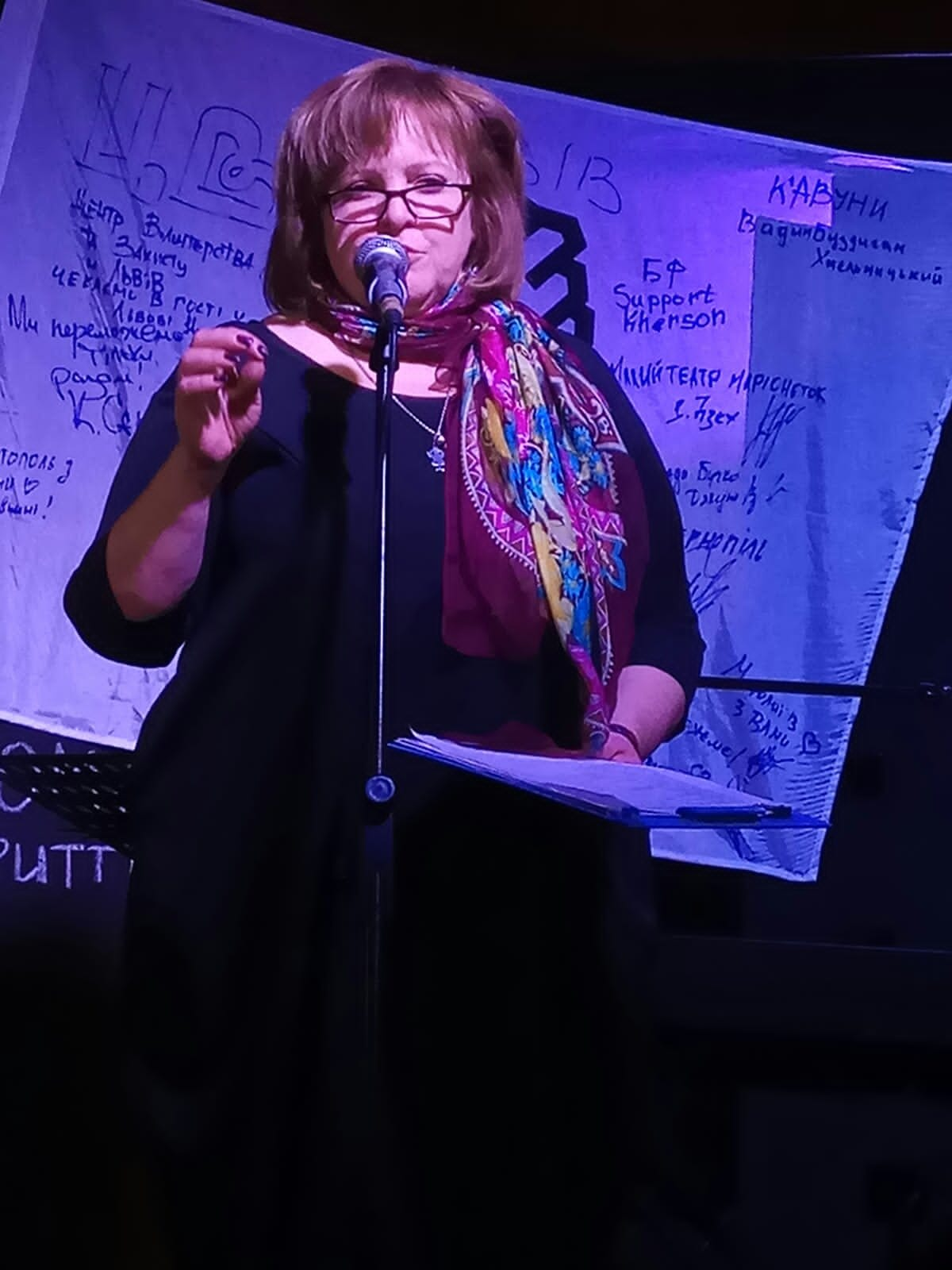
Photo provided by the interviewee
While we are here, the city lives and breathes
Along with her art, volunteering has become an integral part of Natalia Shushliannikova's life. She considered it necessary to help others in such difficult times. Her views and opinions were shared by several other volunteers. So they joined their efforts to open a Charity Office, which for a long time became a support for many Kherson residents and an object of observation for the occupiers.
"We helped ordinary people who needed basic necessities. Large families, the disabled, and people without status often came to us. Everyone received the help they needed during the occupation. So we had nothing to fear. We survived everything with dignity. We spoke only the state language in the office, and the enemy was only surprised," the volunteer says.
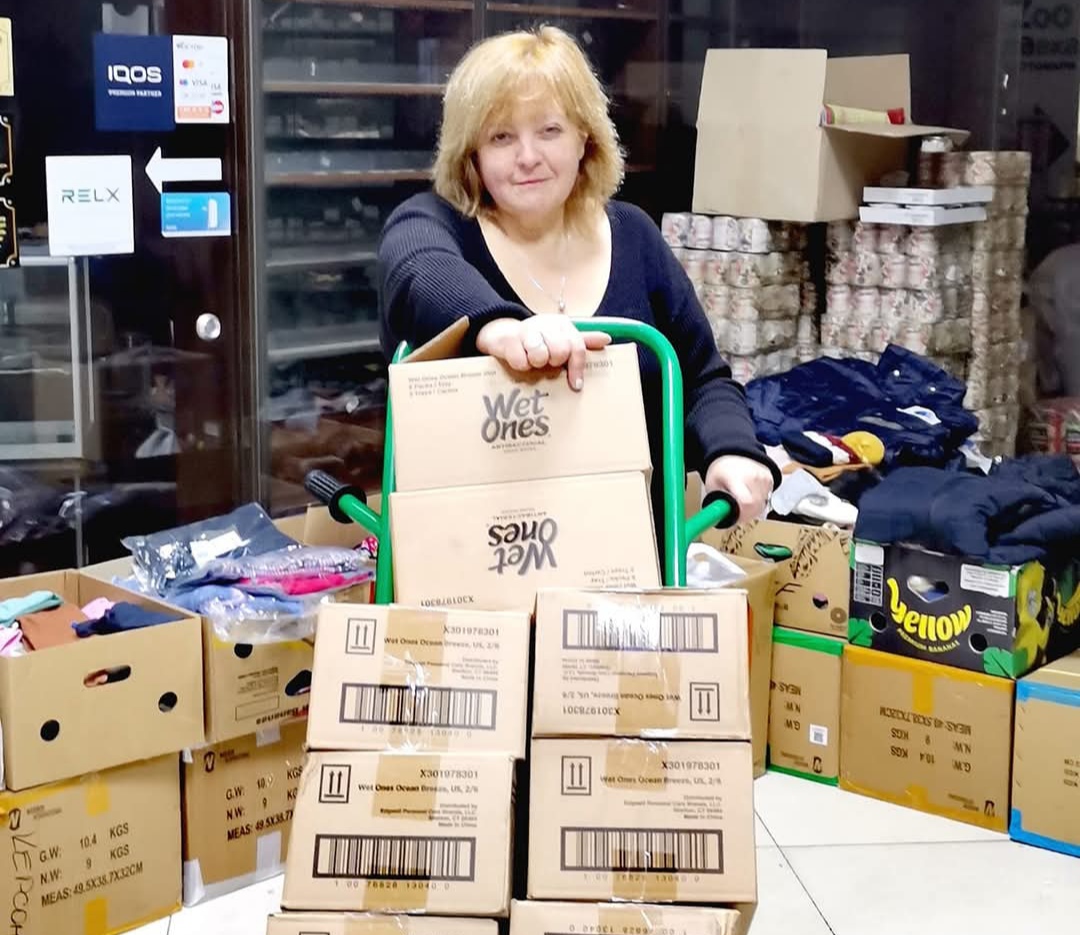
Photo provided by the interviewee
After the liberation of the city, Natalia continued her volunteer work at the Free Women's Project, and later became the coordinator of the Association of the Ukrainian Peacekeeping School in Kherson and the Ukrainian Educational Platform. During her work, the volunteer managed to launch more than one social project, the Mobile Brigade.
"This project made it possible to provide the necessary medical advice to children from remote settlements. Last summer, during such visits, we managed to officially refer many children to hospitals, and 5 children were successfully operated on," Natalia notes.
The volunteer also worked on the problem of psychological relief and work with parents and children in war conditions. So, together with animator and military psychologist Oleksiy Kniga and hospital clown and volunteer Maksym Revega, she visited children in different settlements of the region.
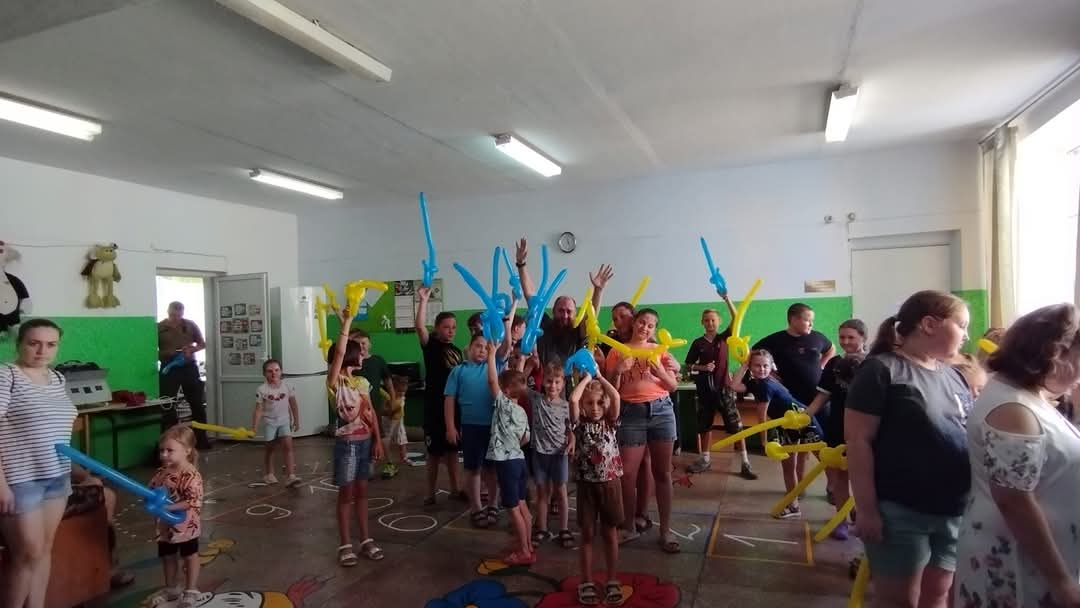
Photo provided by the interviewee
The volunteer emphasizes that there are still many socially important and, most importantly, still unresolved issues in Kherson. So, she says, she will continue to work, because without volunteering there is no way:
"Volunteering is a conscious position. This is what makes the Kherson community stronger and more resilient today. It is a way of thinking. After the sounds of explosions, you no longer think it's scary. On the contrary, you immediately look for where it is and make a list of needs, things that people will need. And when you hear now: "What are you waiting for? You're under fire! Leave!", I want to convey one thing: if we all evacuate, Kherson will simply cease to exist. It will be destroyed. And while we are here, the city lives and breathes."
Анна Шаповал
